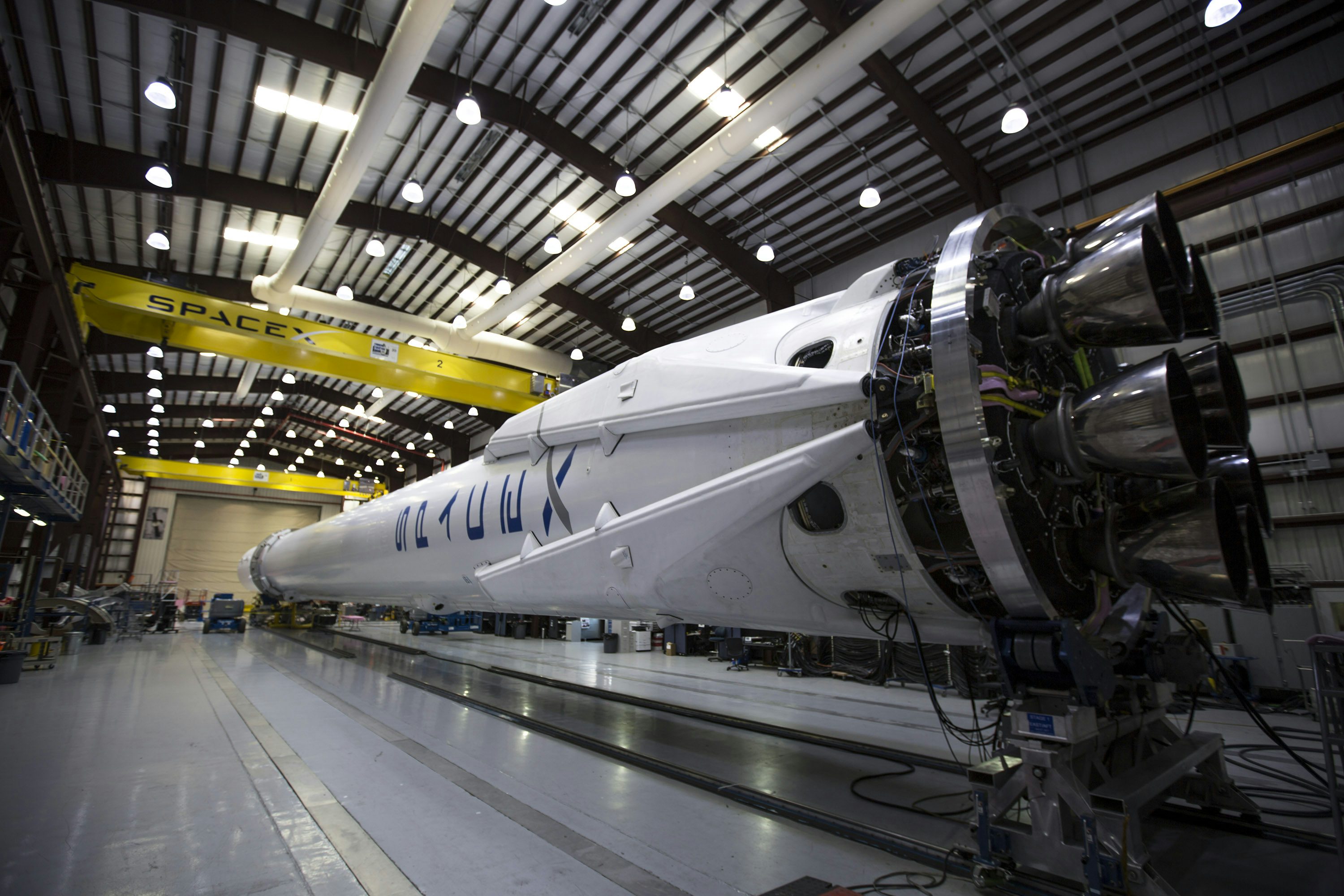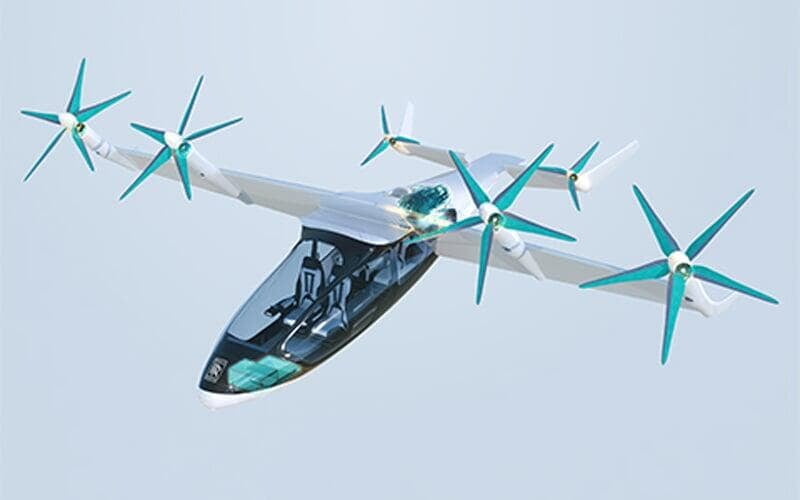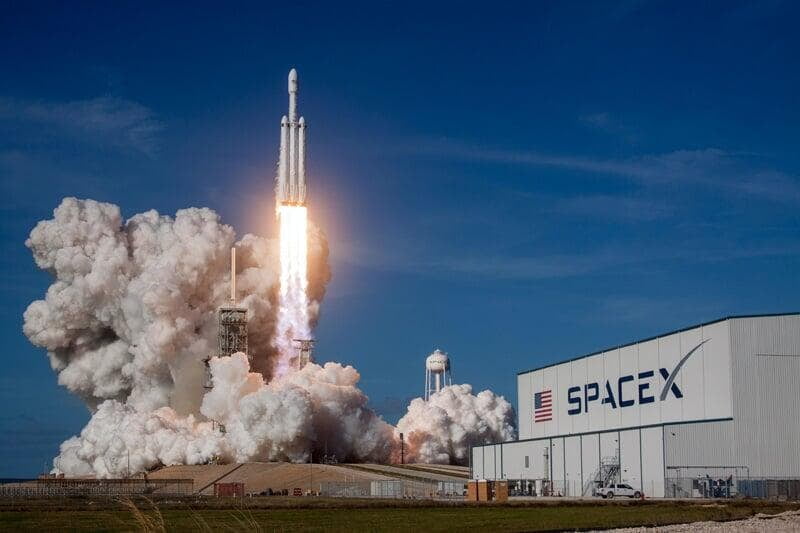
The aerospace industry is undergoing an unprecedented transformation. With rapid technological advancements and a growing focus on sustainability, new trends are redefining the future of aviation and space exploration. Here, we explore some of the most significant trends shaping this fascinating sector.
1. Electric and Hybrid Aircraft
One of the most notable trends is the development of electric and hybrid aircraft. These models promise to reduce carbon emissions and operational costs, responding to the increasing demand for greener aviation. Companies like Pipistrel and magniX are leading the way with prototypes that demonstrate the potential of electrification in commercial and general aviation.
2. Sustainable Aerospace
Sustainability is a hot topic in the aerospace industry. From the use of biofuels to implementing more sustainable manufacturing practices, companies are seeking ways to minimize their environmental footprint. Organizations such as the International Air Transport Association (IATA) have set ambitious targets to achieve net-zero carbon emissions by 2050, driving innovation in this area.

3. Drones and Unmanned Aerial Vehicles (UAVs)
Drones are revolutionizing not only commercial aviation but also sectors like logistics, agriculture, and infrastructure inspection. With applications ranging from package delivery to crop monitoring, UAVs are proving their utility and versatility. Moreover, regulations and the development of air traffic management systems for drones are advancing rapidly, allowing for their safe integration into airspace.
4. Commercial Space Exploration
Interest in space exploration has reached historic levels, driven by companies like SpaceX, Blue Origin, and Virgin Galactic. The possibility of commercial space travel is becoming increasingly tangible, opening new opportunities not only for research but also for space tourism. This surge in investment and technological development promises to take us beyond the boundaries of our planet.

5. Artificial Intelligence and Automation
Artificial intelligence (AI) is transforming various aspects of the aerospace industry, from aircraft design to predictive maintenance. Automation in manufacturing and the use of AI systems to optimize operations are improving efficiency and reducing costs. Furthermore, AI is expected to play a crucial role in the development of autonomous aircraft, which could revolutionize air transportation in the future.
Conclusion
The aerospace industry stands at the cusp of a radical change, driven by technological innovation and the quest for sustainability. As these trends continue to evolve, it will be exciting to see how they affect not only aviation but also space exploration and our everyday lives. The future of air and space looks bright, filled with opportunities for those willing to adapt and evolve.
